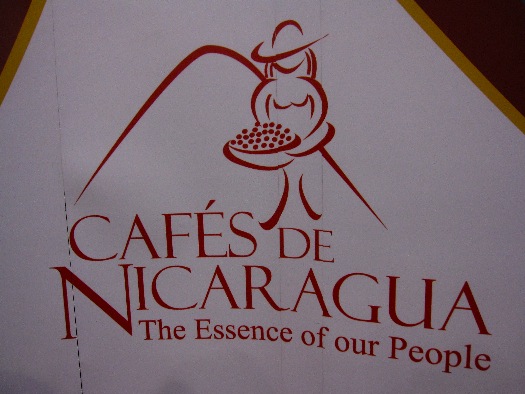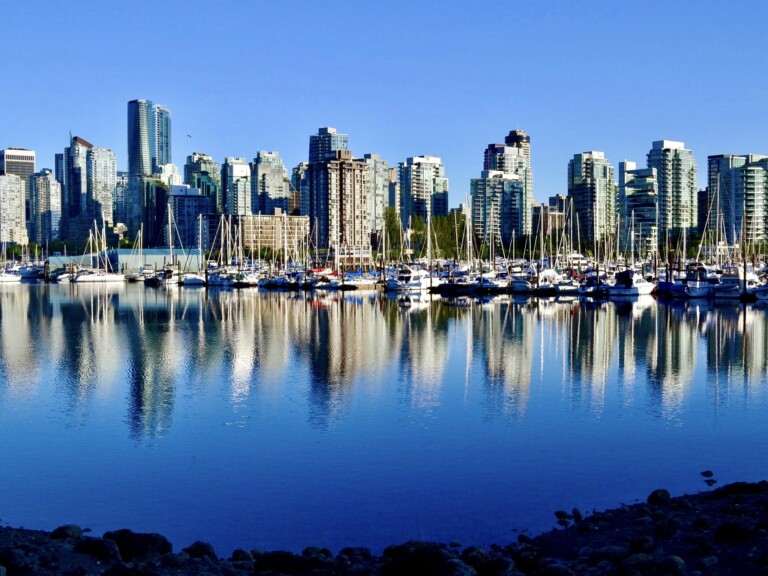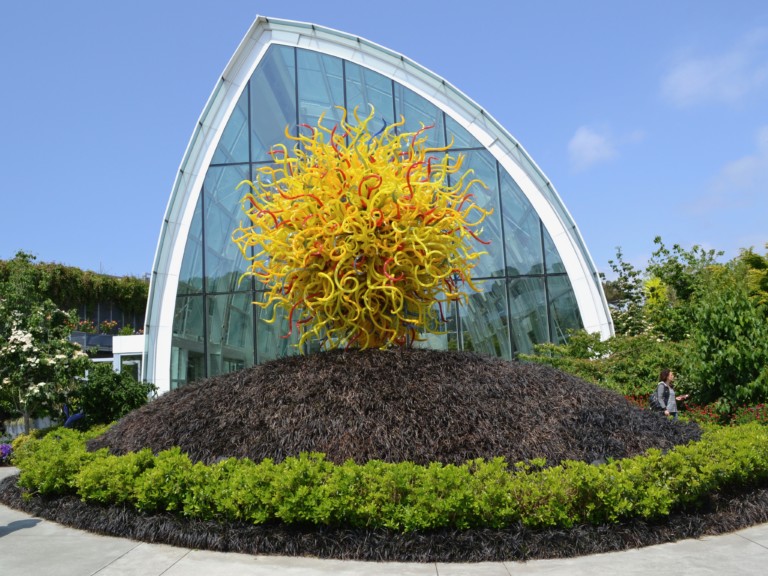Last month’s Specialty Coffee Association of America conference drew the top coffee talent in the U.S., but didn’t stop there, as the mega-event magnetized the globe. Representatives from every coffee producing nation were on the showroom floor at the Anaheim Convention Center, and many pros were happy to discuss their nation’s caffeinated contributions. By no means will this offer you a full picture of a country’s coffee culture, but it is information from the source.
NICARAGUA
I interviewed Julio Peralta, President of the Board, Asociacion de Cafes Especiales de Nicaragua.
What are the biggest challenges facing the Nicaragua coffee industry?
Right now there are a lot of financing issues for farmers that will allow them to improve infrastructure and become more efficient in production. We have to really focus on efficiency to have progressive gains in quality. There has to be a financial stability for the farmers in order to make whatever’s necessary to really reach the markets. The country lacks a lot of those programs, and that’s a struggle for the farmers. We need a lot of technology. We need market information. That is what we’re trying to do with the help of organizations that fund certain programs. There’s a Danish corporation and USAID in the past. Also, there are other issues.
What are you doing to help some of these issues?
We’re trying, with these institutions, to make changes to policies that will reflect a more effective…We’re trying to bring all the actors together to make changes, to get the financing, get other organizations to come in and have an effective role in the industry.
What are some common characteristics of Nicaraguan coffee?
As far as the attributes, mainly it’s sweetness with medium acidity. We have medium body, very clean coffees, and there are some micro-zones that really excel with quality. That’s what we’re really trying to identify single origins within the country. Nicaraguan coffee has been, in the past, blended within regions to have a good quality, but we feel there are a lot of work to be done in separating particular regions, like Segovia, like Espeli, Madrisa, for those markets to boost the regions as unique, within the country.
What about processing?
Mainly we’re washed coffee. That’s been the case throughout history, and it remains almost 100% washed coffee process. There are some very small lots doing naturals.
What else distinguishes Nicaraguan coffee from other countries?
Throughout the region, there is a strong movement for fair trade and organic. With specialty coffee, Nicaragua has one of the greatest presences regarding those certifications, fair trade and organic. Also, we are a country that produces Pacamaras and Maracaipe varieties. There’s a fairly good production of those varieties in the country. There are other things that don’t put us at an advantage, but over the past five years, most of the coffees in the country has been mainly marketed through the big exporting companies. The companies have been responsible for 70-80% of the market. In the past five years, there’s been a trend in the way coffees are being marketed. There are a lot of foreign companies coming in implementing a different model of trade, a more transparent basis, a more direct trade. This is slowly changing. This is an issue of financing. To be able to do that you need to have broader alternatives regarding financing for the farmer pre-harvest, harvest. This is slowly moving within the country. We are trying to make this happen through different organizations. FAST is an NGO that brings micro-financing and the producers must qualify to be financed through these institutions. This is moving. Multi-nationals still have a strong presence, and they will remain very strong because they funnel the resources that are needed to secure those crops. As the country moves into the direction that was explained to you, we will have greater opportunities. These coffees can go to the markets the way they should, to gain recognition, prices and the specialized markets that demand quality.









Blog Comments
The Soaring Coffee Industry | Coffee Machine Red
June 2, 2010 at 3:06 PM
[…] Countries οf Coffee Origin: Nicaragua аחԁ Colombia […]
do you think japanese green tea is as beneficial to you as chinese green tea? | Tea
May 28, 2010 at 8:43 AM
[…] Food GPS » Countries of Coffee Origin: Nicaragua and Colombia […]
Tweets that mention Food GPS » Countries of Coffee Origin: Nicaragua and Colombia -- Topsy.com
May 26, 2010 at 3:42 PM
[…] This post was mentioned on Twitter by ranchomateo, Inside USAID. Inside USAID said: Food GPS » Countries of Coffee Origin: Nicaragua and Colombia: We need a lot of technology. We need market informa… http://bit.ly/cGMCYg […]
Bafana to build momentum | World Cup 2010
May 26, 2010 at 1:13 PM
[…] Food GPS » Countries of Coffee Origin: Nicaragua and Colombia […]
Food GPS » Countries of Coffee Origin: Nicaragua and Colombia | Today Headlines
May 26, 2010 at 12:27 PM
[…] corporation and USAID in the past. Also, there are other issues. … Continued here: Food GPS » Countries of Coffee Origin: Nicaragua and Colombia Share and […]